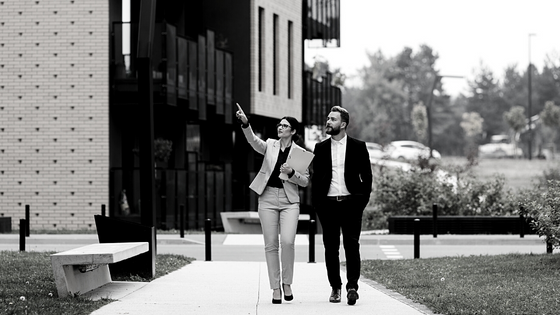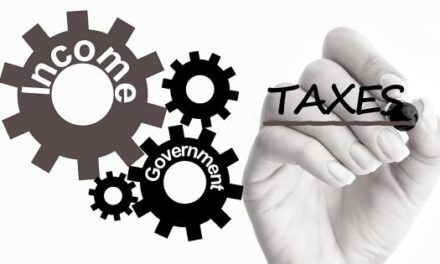Whether it’s your first commercial premises or your fifth, finding a new location for your business is an exciting (and often overwhelming) time. But did you know that the process of selling your property starts when you buy it?
It’s an interesting concept. Most commercial property buyers aren’t thinking of selling when they are in the buying phase, but it’s really all about having a long term plan for your property, whether it be as an owner occupier, an investor or as a developer.

So what makes a commercial property sellable? After over 20 years in the real estate industry, here are my tips.
What attracted you to the property
Firstly, you need to take some time to consider what made the property attractive to you. As an owner occupier, it may have been the location, the facilities, the size, the surrounding amenities or even proposed development in the area. For an investor, it’s all these things plus the potential income and the possible return on investment.
What you’re looking for when buying – there’s a good chance many others are as well. All buyers are looking for a property that is going to provide the best return on their investment. This can be achieved by buying a property at the right time, in the right place and for the right price.
These three factors are the key to determining whether a property is a good investment.
Strategic Location
You probably know the saying “location, location, location” when it comes to residential property – well the same applies to commercial properties.
Location is one of the most important factors with commercial properties. Buyers are looking for properties that are easy for their customers or clients to access, ease of access for staff members, and if in an industrial market, they are looking for ease of access for transport.
For investors, the location will also dictate what types of tenants are attracted to the property.
You can’t change the location of your property, but it is an important factor to consider when marketing the sale.
Budget
Like any large purchase, your budget (and that of your buyer) will play a big role in the property you choose to buy. Whereas many residential buyers often buy right at the top of the budget, commercial property buyers don’t tend to follow this trend simply because they are calculating other costs into their budget – moving, fitting out, advertising etc. If buying as an owner occupier, they are also taking into consideration business downtime while moving.
Of course, this doesn’t mean that when it comes time to sell you need to price your property low, but you should be aware of the price ranges of similar properties and what other buyers are paying as this will give you a good idea of the types of properties that are popular with commercial property buyers.
Property Condition
A big area that buyers assess is the condition of the property and how much work they may need to do to bring it up to their standard. Having a property in great condition can really maximise the sale value of your property.
The good thing is that it doesn’t take a lot of money (when compared to potential sales figures) to bring the condition of your property up to scratch. Cosmetic upgrades lead to quick capital improvements on an asset. Upgrading landscaping, fixing potholes or damaged driveways, repairing any leaks and water damage and so on will go a long way towards increasing the sales price.
The condition of the property is an area where buyers will try to talk down the price. If you can minimise issues within the property, you’ve got a better chance of getting the price you want.
Property Flexibility
The ability to modify a property to suit the needs of individual businesses is important. Buyers want to be able to make the building work for them – changing the laying, adding more parking spaces or installing a loading dock for example.
When buying, it’s essential to keep in mind not only how you would modify the property, but how easy it would be for someone else to change your modifications, or if they would need to make any changes at all. This is a factor that will affect how you market your property – some modifications aren’t easy to change, so having multi-use areas will certainly make a building more attractive to a buyer.
Surrounding Infrastructure
Planned or currently in place, the infrastructure surrounding your property is important, whether it be public transport, other buildings or facilities. Buying a property in an area that is being developed can be a good move; as the area around starts to grow, more people are looking to purchase commercial property to run their business in an area where there is easy vehicular access as well as customer traffic.
Although you may not be thinking of selling for some time, it is always wise to keep up to date with what infrastructure and development is happening in the area.
There’s a lot that goes into buying a commercial property, and while you may not be planning on selling for a number of years, it’s always good considering whether the property you’re looking at will be sellable when the time comes.






















